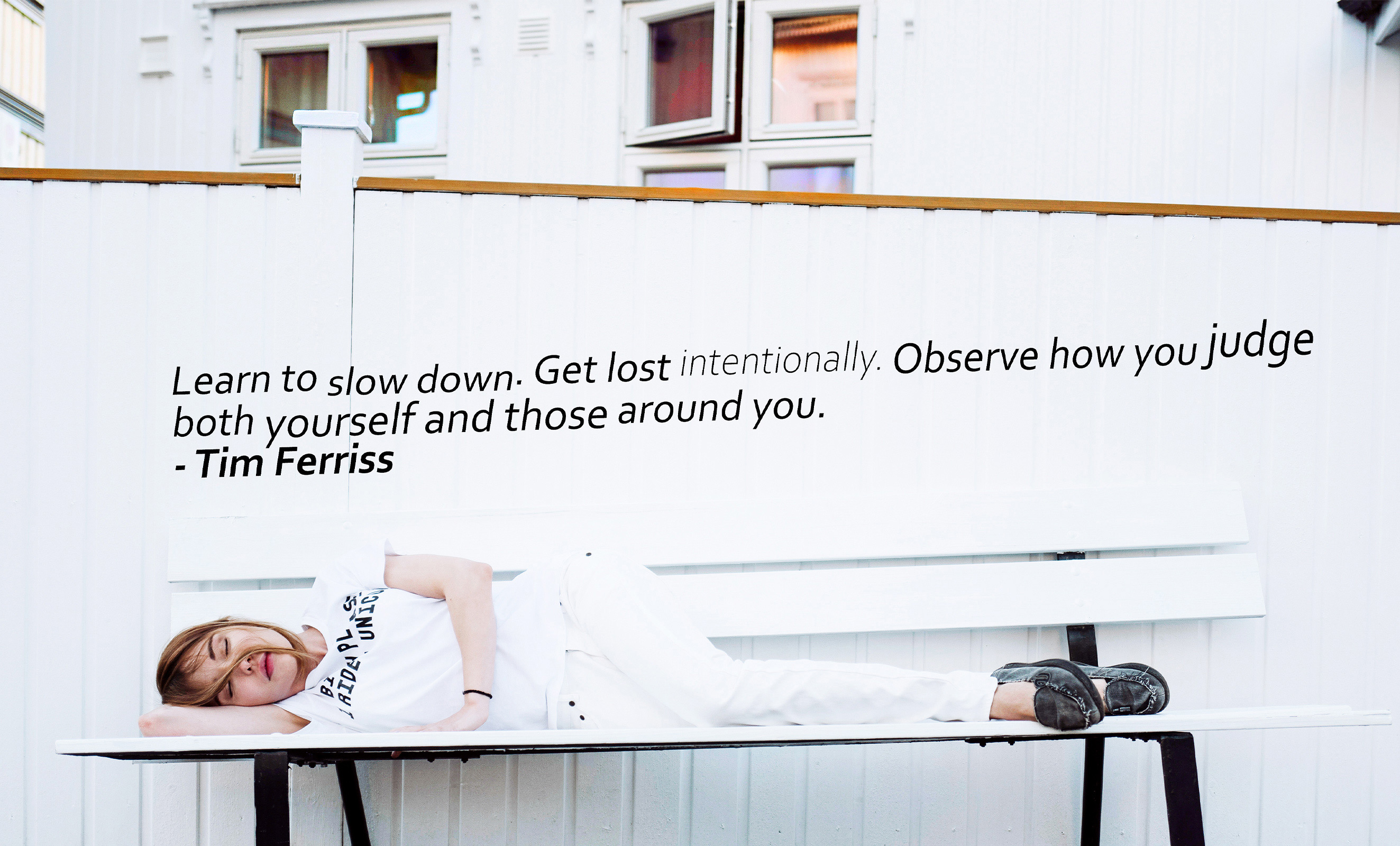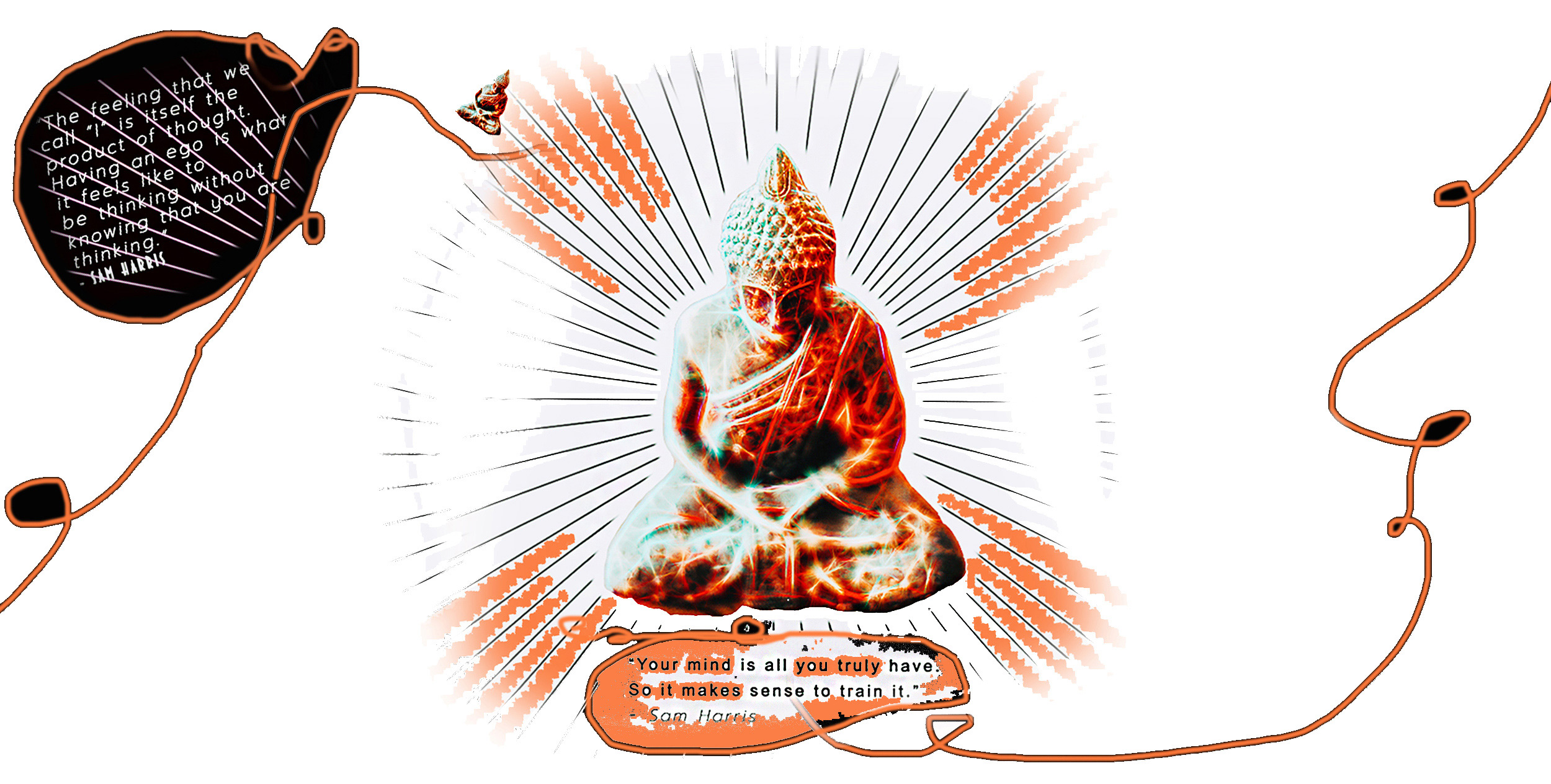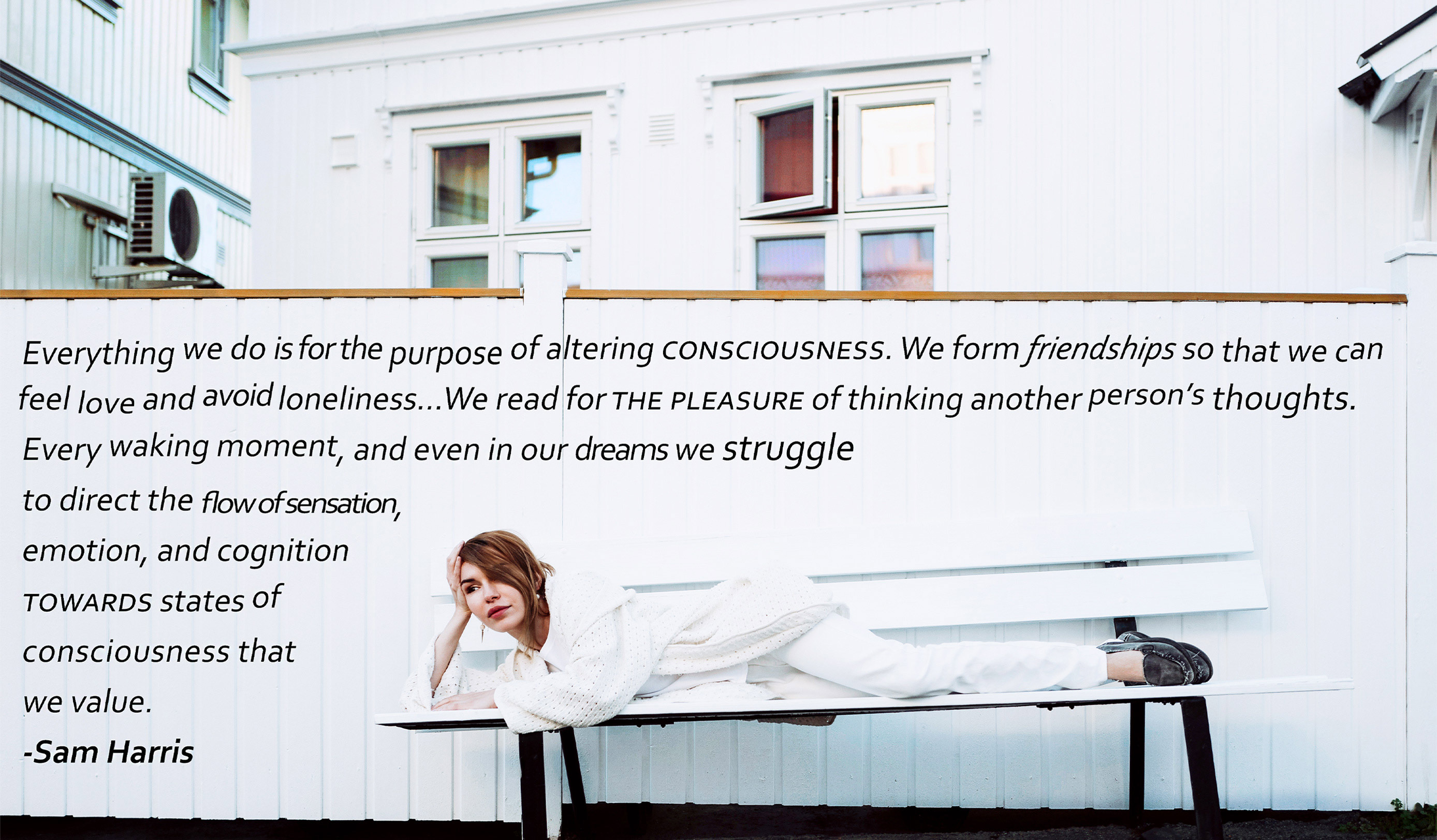The Best Science Based Benefits of Meditation and Mindfulness Practice.

DDo you ever feel like your world is pulsating with chaos? There is a remedy. Mindfulness comes from a practice called Vipassana, or insight meditation, which turns out to have undeniable positive health effects.
Mindfulness is a state that one is trying to achieve and maintain through meditation and relaxation techniques. When practicing mindfulness, one is trying to break the habit of being continually distracted by thoughts, which are considered to be the primary obstacle in meditation. In the words of Sam Harris, “We are telling a story all day long, and we’re not aware of it.” In other words, most of the day, we walk around thinking, without knowing that we are thinking, which is the leading cause of misery in our lives.
The goal is not to stop thinking, because that is impossible, but rather to pay close, clear, non-judgmental attention to whatever is arising in the consciousness.
Research shows that mindfulness practices work and can not only lead to a calmer, more balanced state of being but also contribute to changing the chemistry and structure of the brain, helping to be more focused and productive.

Here are the clear benefits of meditation drawn from the science:
Less stress.
Stress affects several organ systems and our brain, affecting cognitive capacities, working memory, and making us susceptible to depression. With meditation, you become responsive, rather than reactive.
Improved mood.
Loving-kindness meditation, or meta meditation, has the power to elevate our mood long-term and short-term. If you’re the type that never is satisfied with anything, I would give this a go.

Prevents mind-wandering.
According to Killingsworth & Gilbert, “A human mind is a wandering mind, and a wandering mind is an unhappy mind.” Mind-wandering makes us miserable, which in turn generates more mind-wandering.
Enhances attention.
Speaks for itself. Who doesn’t want enhanced attention?

Improved memory.
It appears that mindfulness meditation improves working memory.
Better impulse control.
Impulse control is extremely important. Improving this can help you lose weight and overcome cravings.
Fewer bad emotions.
Especially for those who struggle with anxiety disorders. Also, meditation has a positive effect on treating depression.
Improved sleep.
Specifically, sleep quality is improved. Our circadian rhythm and sleep again dictate our mood.

Less pain.
Over time, you can become less reactive to pain.
Enhanced creativity.
“Open-meditation” stimulates divergent thinking and creativity.

Here are the absolute best sources to get you started:
Books
Waking Up, by Sam Harris.
10% Happier: How I Tamed the Voice in My Head, Reduced Stress Without Losing My Edge, and Found Self-Help That Actually Works–A True Story, by Dan Harris.
Smartphone applications
Waking up app by Sam Harris. Android or iPhone.
10% Happier app by Dan Harris.

To symbolically emphasize the benefits of meditation, we did “white on white” shoot capturing all-white outfit and background.
In western culture, white color symbolizes spirituality, wholeness, and perfection – positive qualities associated with meditation practice.
Designed by me: white bouclé, oversized cotton coat with a hood.
References:
Spijkerman, M. P. J., Pots, W. T. M., & Bohlmeijer, E. T. (2016). Effectiveness of online mindfulness-based interventions in improving mental health: a review and meta-analysis of randomised controlled trials. Clinical Psychology Review, 45, 102–114. https://doi.org/10.1016/j.cpr.2016.03.009.
Travis, F., Valosek, L., Konrad, A., Link, J., Salerno, J., Scheller, R., & Nidich, S. (2018). Effect of meditation on psychological distress and brain functioning: A randomized controlled study. Brain and Cognition, 125, 100-105. doi:10.1016/j.bandc.2018.03.011
Heckenberg, R. A., Eddy, P., Kent, S., & Wright, B. J. (2018). Do workplace-based mindfulness meditation programs improve physiological indices of stress? A systematic review and meta-analysis. Journal of Psychosomatic Research, 114, 62-71. doi:10.1016/j.jpsychores.2018.09.010
Goyal, M., Singh, S., Sibinga, E., Gould, N., Rowland-Seymour, A., Sharma, R., . . . Cramer, H. (2014). Meditation Programs for Psychological Stress and Well-being: A Systematic Review and Meta-analysis. JAMA Intern Med, 174(3), 357-368. doi:10.1016/j.dza.2014.07.007
Hoge, E. A., Bui, E., Marques, L., Metcalf, C. A., Morris, L. K., Robinaugh, D. J., . . . Simon, N. M. (2013). Randomized Controlled Trial of Mindfulness Meditation for Generalized Anxiety Disorder. The Journal of Clinical Psychiatry, 74(08), 786-792. doi:10.4088/jcp.12m08083
Bamber, M. D., & Schneider, J. K. (2016). Mindfulness-based meditation to decrease stress and anxiety in college students: A narrative synthesis of the research. Educational Research Review,18, 1-32. doi:10.1016/j.edurev.2015.12.004
Jadhav, N., Manthalkar, R., & Joshi, Y. (2017). Effect of meditation on emotional response: An EEG-based study. Biomedical Signal Processing and Control, 34, 101-113. doi:10.1016/j.bspc.2017.01.008
Campos, D., Cebolla, A., Quero, S., Bretón-López, J., Botella, C., Soler, J., . . . Baños, R. M. (2016). Meditation and happiness: Mindfulness and self-compassion may mediate the meditation–happiness relationship. Personality and Individual Differences, 93, 80-85. doi:10.1016/j.paid.2015.08.040
Killingsworth M. A., Gilbert D. T. (2010). A wandering mind is an unhappy mind. Science 330, 932 10.1126/science.1192439
Smallwood, J., Fitzgerald, A., Miles, L. K., & Phillips, L. H. (2009). Shifting moods, wandering minds: Negative moods lead the mind to wander. Emotion, 9(2), 271-276.
Xu, M., Purdon, C., Seli, P., & Smilek, D. (2017). Mindfulness and mind wandering: The protective effects of brief meditation in anxious individuals. Consciousness and Cognition, 51, 157-165. doi:10.1016/j.concog.2017.03.009
Basso, J. C., Mchale, A., Ende, V., Oberlin, D. J., & Suzuki, W. A. (2019). Brief, daily meditation enhances attention, memory, mood, and emotional regulation in non-experienced meditators. Behavioural Brain Research, 356, 208-220. doi:10.1016/j.bbr.2018.08.023
Rusch, H. L., Rosario, M., Levison, L. M., Olivera, A., Livingston, W. S., Wu, T., & Gill, J. M. (2018). The effect of mindfulness meditation on sleep quality: A systematic review and meta-analysis of randomized controlled trials. Annals of the New York Academy of Sciences. doi:10.1111/nyas.13996
Hoge, E. A., Bui, E., Marques, L., Metcalf, C. A., Morris, L. K., Robinaugh, D. J., . . . Simon, N. M. (2013). Randomized Controlled Trial of Mindfulness Meditation for Generalized Anxiety Disorder. The Journal of Clinical Psychiatry, 74(08), 786-792. doi:10.4088/jcp.12m08083
Hilton, L., Hempel, S., Ewing, B. A., Apaydin, E., Xenakis, L., Newberry, S., … & Maglione, M. A. (2016). Mindfulness Meditation for Chronic Pain: Systematic Review and Meta-analysis. Annals of Behavioral Medicine, 1-15.
Harrison, R., Zeidan, F., Kitsaras, G., Ozcelik, D., & Salomons, T. V. (2018). Trait mindfulness is associated with lower pain reactivity and connectivity of the default mode network. The Journal of Pain. doi:10.1016/j.jpain.2018.10.011



